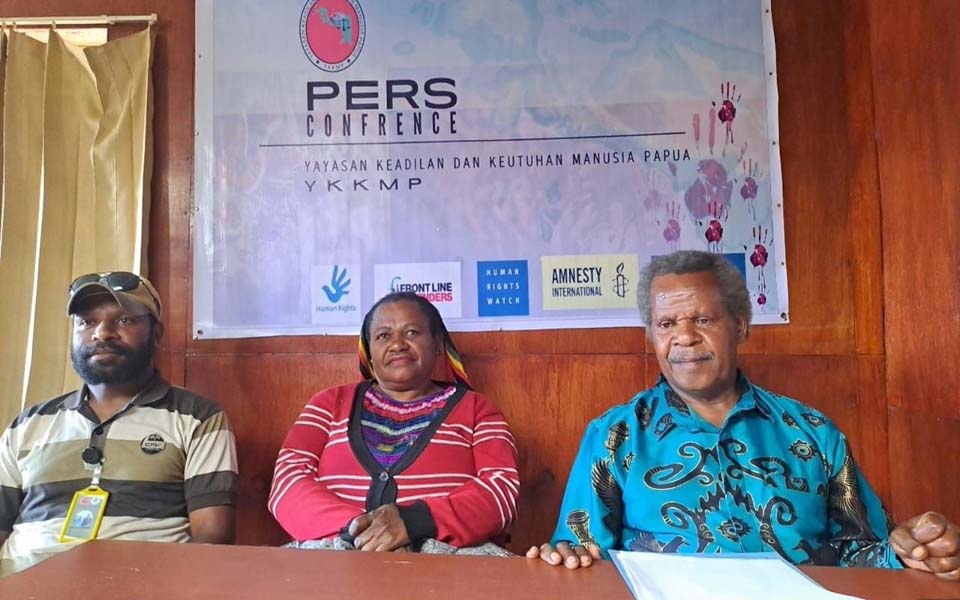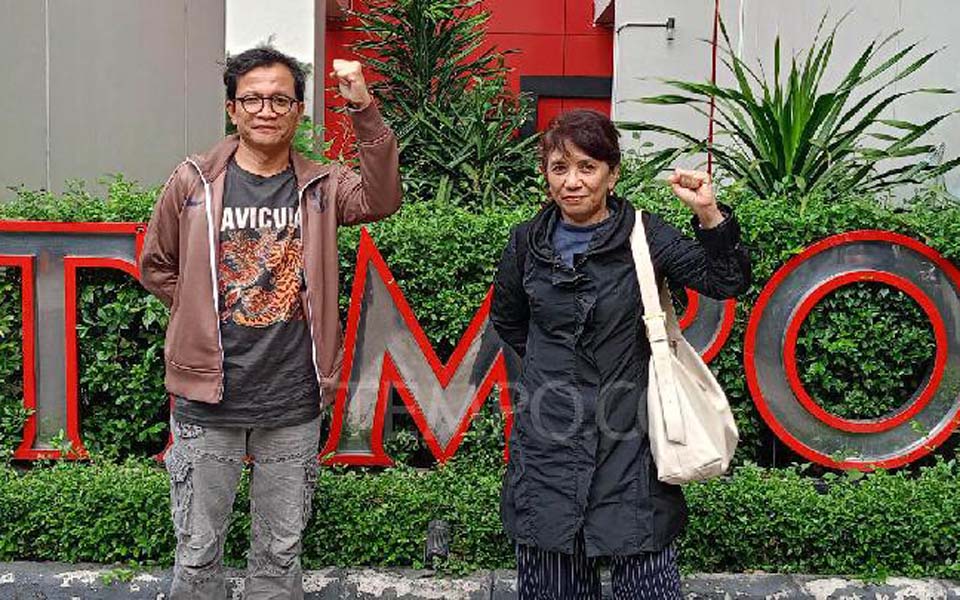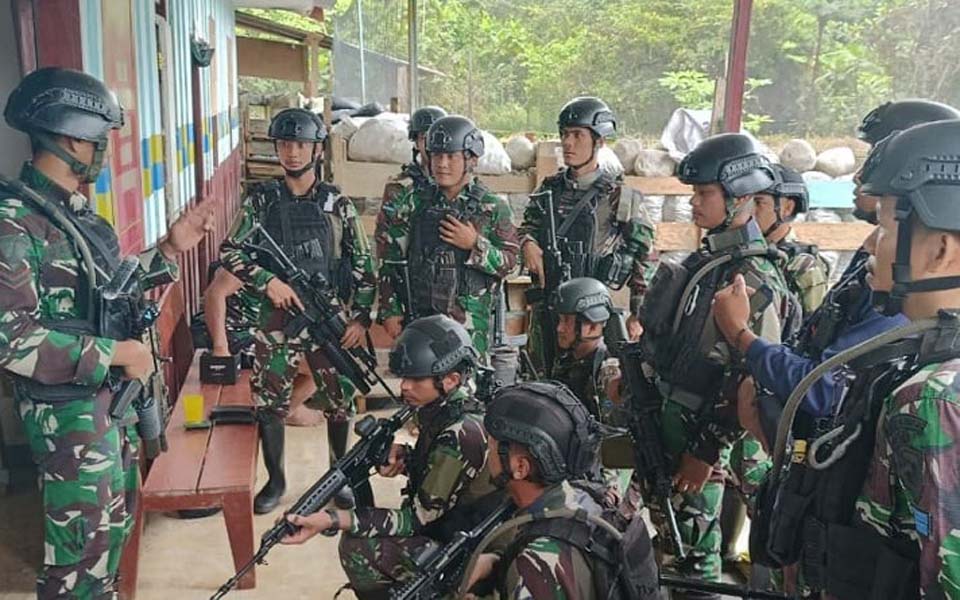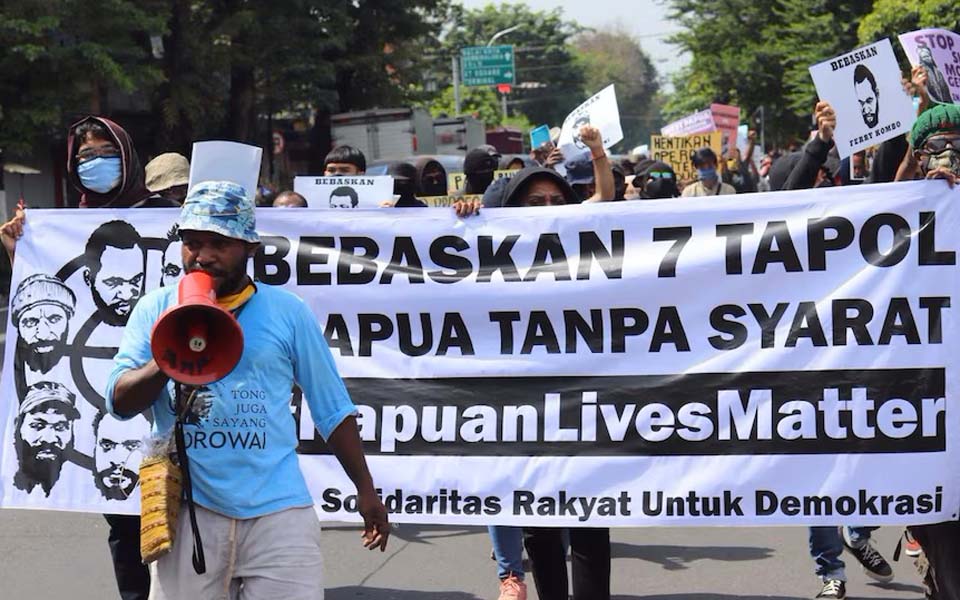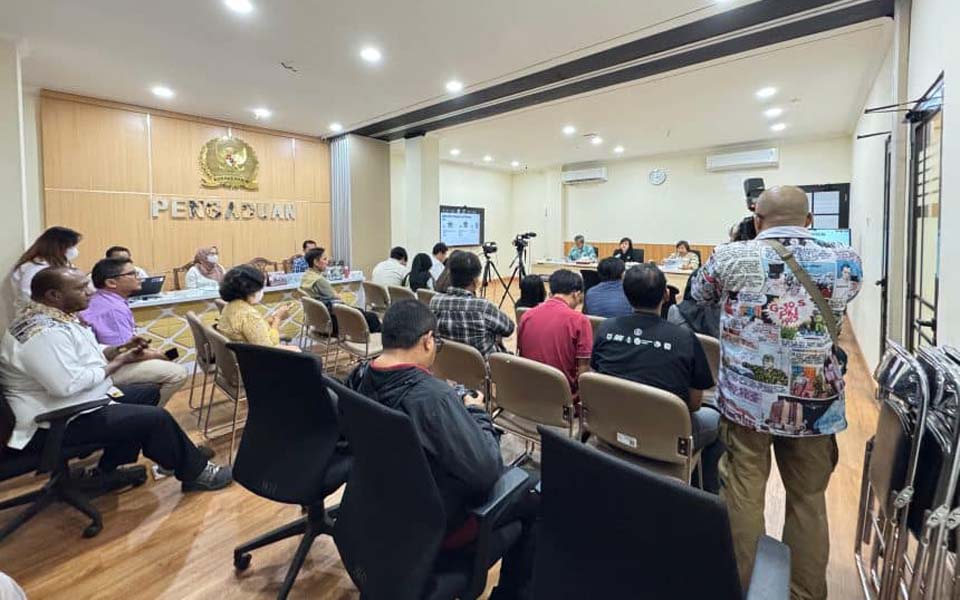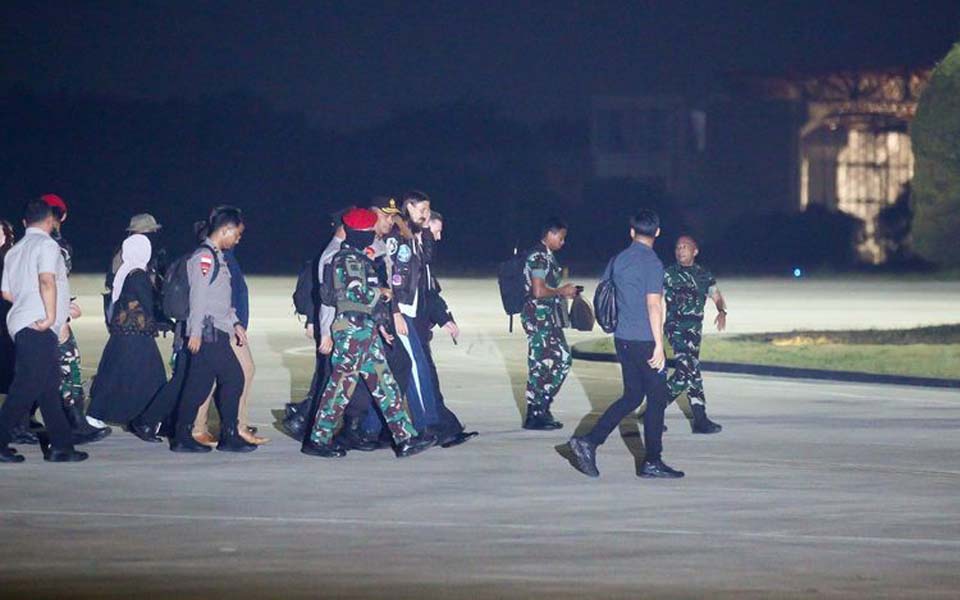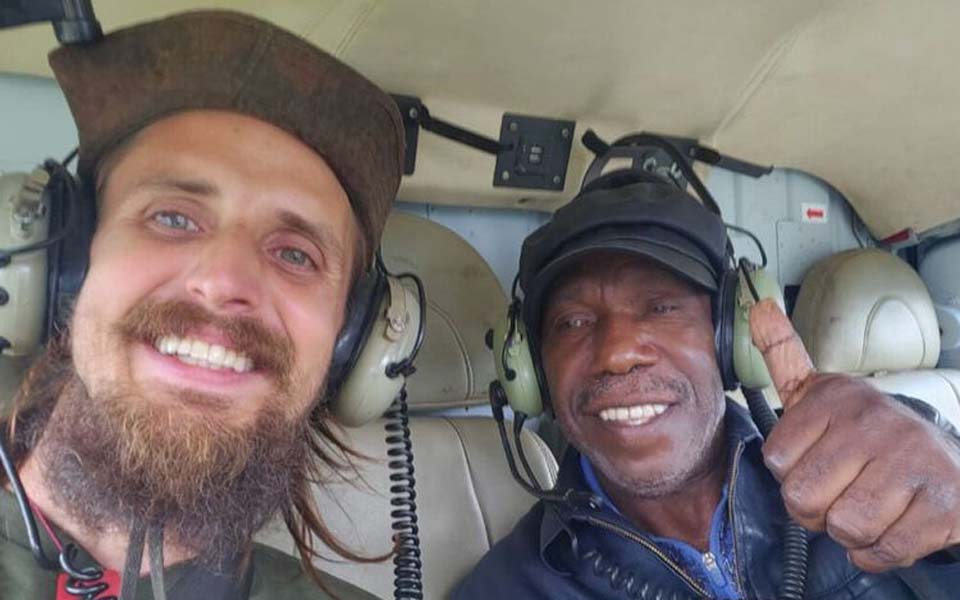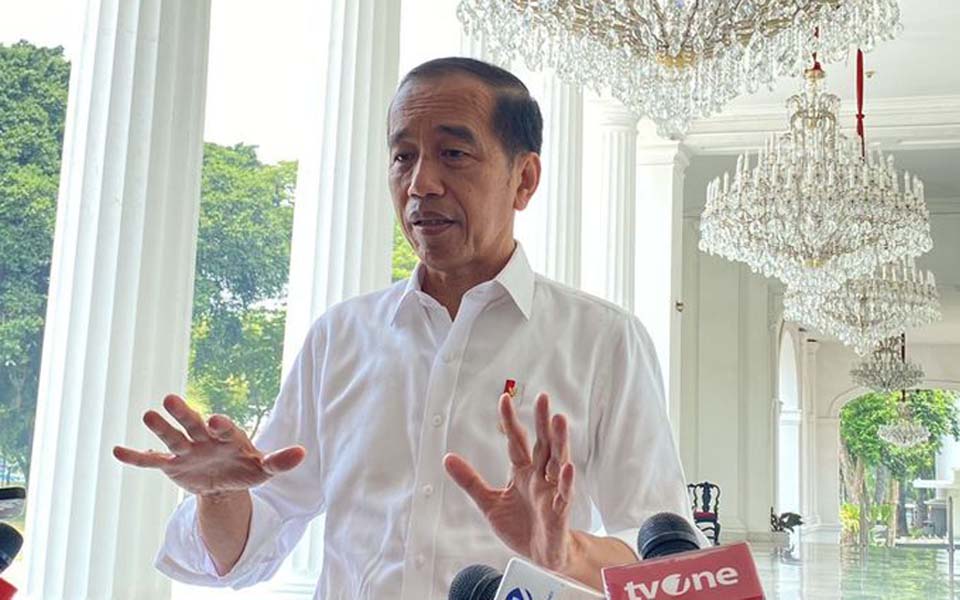Jakarta – The West Papua National Liberation Army-Free Papua Organisation (TPNPPB-OPM) believes that the Indonesian police's plan to change its security approach in Papua to become more persuasive is pointless.
As has been reported, the Bhayangkara Corps – as the police are known – has changed the name of its security operation in Papua from the Nemangkawi Operation to the Cartenz Peace Operation. The police will prioritise a social welfare approach in Papua in the future.
TPNPB-OPM spokesperson Sebby Sambom says that the plan fails to respond to the roots of the problems in the land of the Cenderawasih as Papua is known.
"It'll be just the same. Because the roots of the Papua problem are violations against the political right to self-determination. So no matter what Indonesia want's to do in Papua it will be pointless", said Sambom when contacted on Wednesday January 12.
According to Sambom, the OPM has already closed the door to other approaches by Indonesia except for full independence for the territory.
"We don't need dialogue with Jakarta, but we have already proposed sitting at the negotiating table with Jokowi's [Indonesian President Joko Widodo] cabinet in negotiations mediated by the United Nations", he said.
"No other method will be possible, except full Papuan independence, only then will there be security and peace", he added.
The change in the name of the police's operation is planned to begin on January 25.
Indonesian police public information bureau chief Brigadier General Ahmad Ramadhan explained that three functions would become the focus of the Cartenz Peace Operation, namely the functions of intelligence, social guidance (binmas) and public relations (humas).
Law enforcement meanwhile will still be continued under the Cartenz Peace Operation but, explained Ramadhan, it would be limited to a support function only.
Earlier, TNI (Indonesian military) chief General Andika Perkasa said that he is reluctant to apply a war approach in Papua and prefers to "win the war without a battle".
Based on research by the Indonesian Institute of Science (LIPI), there are four root problems underlying the conflict in Papua.
First, alleged irregularities in the process by which Papua was integrated into Indonesia through the 1969 UN sponsored referendum known as Pepera. This is because the referendum is seen as not being in accordance with the spirit of 1962 New York Agreement, namely "one man one vote".
Second, human rights violations committed by the government and state security forces, third, marginalisation and discrimination against the Papuan people, fourth, despite the size of Special Autonomy (Otsus) funds the failure of social infrastructure development in Papua such as healthcare facilities, education and the people's economy. (mjo/arh)
[Translated by James Balowski. The original title of the article was "OPM Klaim Sia-sia Aparat Ubah Pendekatan Keamanan Papua Jadi Persuasif".]






